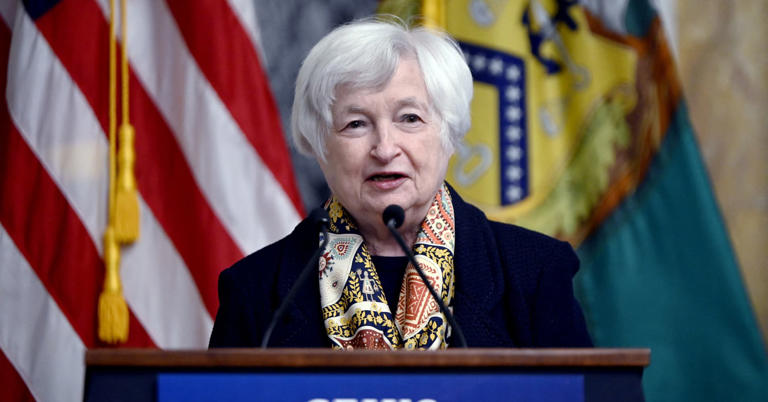The Biden administration’s recent directive targeting MineOne, a Chinese-backed cryptocurrency mining company, to divest its land near a critical U.S. military installation, marks a significant escalation in the ongoing efforts to safeguard national security interests amidst geopolitical tensions with China. This action underscores the growing concerns over foreign investments, particularly those originating from China, and their potential implications for sensitive infrastructure and strategic assets within the United States.
The strategic significance of MineOne’s proximity to the Francis E. Warren Air Force Base, a pivotal element of America’s nuclear deterrence capabilities, cannot be overstated. Situating operations within such close proximity to a critical military facility raised immediate concerns about the potential exploitation of specialized equipment and infrastructure for espionage or surveillance activities detrimental to U.S. national security interests.
President Biden’s utilization of executive authority to compel MineOne’s divestiture reflects the administration’s proactive stance in addressing perceived threats to national security posed by foreign entities. By mandating the removal of certain equipment and improvements from the property, the administration aims to mitigate the potential risks associated with MineOne’s operations near the military base.
The decision to target MineOne is part of a broader pattern of regulatory measures aimed at curbing Chinese influence and mitigating national security risks posed by foreign investments. The administration’s actions echo broader concerns over China’s expanding economic and technological reach, particularly in sectors with strategic implications for national security.
The involvement of the U.S. Committee on Foreign Investment in the United States (CFIUS) in the investigation and subsequent decision-making process underscores the importance of regulatory oversight in evaluating foreign acquisitions and transactions for potential national security implications. Legislative reforms in 2018 expanded CFIUS’s mandate to include reviews of transactions involving properties near sensitive installations, empowering the committee to address emerging threats effectively.
Secretary of the Treasury Janet Yellen’s affirmation of CFIUS’s critical role in safeguarding national security underscores the administration’s commitment to bolstering regulatory mechanisms to counter foreign threats effectively. The White House’s emphasis on enhancing scrutiny of foreign investments highlights the evolving nature of national security challenges in an increasingly interconnected global economy.
China’s response to the Biden administration’s actions, including its own regulatory measures targeting U.S. companies and foreign entities operating within its borders, reflects a broader pattern of geopolitical tensions and competition for influence. As both countries navigate complex economic and security dynamics, regulatory interventions and strategic decisions are likely to shape the trajectory of bilateral relations in the years ahead.
